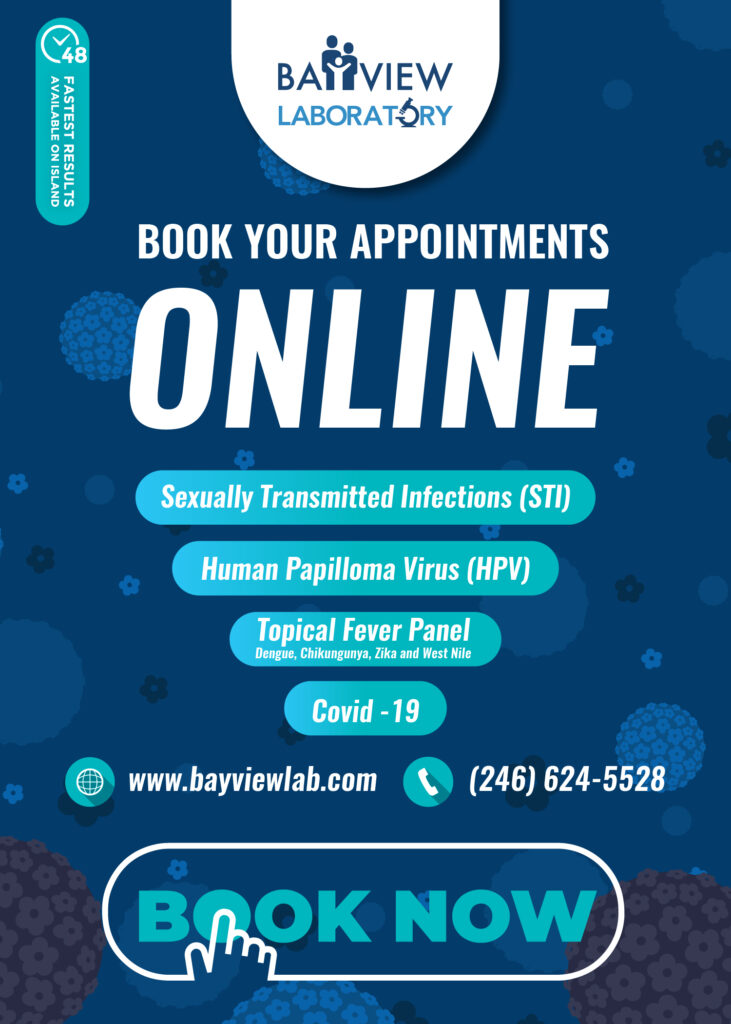- Anaesthesiology
- Cardiology
- Dental
- Dermatology
- Geriatrics
- General Surgery
- Hematology/ Oncology
- ICU Consultation
- Internal Medicine
- Interventional Radiology
- Neurology
- Obstetrics & Gynaecology
- Orthopaedics
- Otolaryngology (ENT)
- Paediatrics
- Paediatric Haematology
- Paediatric Surgery
- Reconstructive Surgery
- Urgent Care
- Urology


What is an ICU Consultant?
An ICU (Intensive Care Unit) consultant, often referred to as an ICU physician or intensivist, is a medical doctor who specializes in the care of critically ill patients in the intensive care unit of a hospital. These healthcare professionals have specialized training and expertise in managing complex and life-threatening medical conditions.
- Patient Assessment: They assess and diagnose critically ill patients, often with multiple medical conditions, and develop treatment plans to stabilize and manage their conditions.
- Treatment Planning: ICU consultants work closely with a team of healthcare professionals, including nurses, respiratory therapists, and pharmacists, to coordinate and implement treatment plans for patients in the ICU. This can involve ordering and interpreting diagnostic tests, administering medications, and providing various forms of life support.
- Monitoring: They closely monitor the vital signs, organ function, and overall condition of patients in the ICU, making adjustments to treatment plans as necessary.
- Decision-Making: ICU consultants are responsible for making critical decisions regarding the care and treatment of patients. They may also provide guidance to the patient’s family members and discuss treatment options and prognosis.
- Procedures: They may perform or oversee procedures such as intubation, central line placement, and chest tube insertion when necessary.
- Collaboration: Collaboration with other specialists, such as surgeons, cardiologists, pulmonologists, and infectious disease specialists, is common when managing complex cases in the ICU.
- End-of-Life Care: In situations where a patient’s condition is terminal or deteriorating despite aggressive treatment, ICU consultants may also be involved in discussions regarding palliative care and end-of-life decisions.

Specialized Care
Specialized care from an ICU (Intensive Care Unit) consultant involves a high level of expertise and attention to detail to manage critically ill patients effectively.
Here are some aspects of specialized care provided by an ICU consultant:
Critical Patient Assessment
ICU consultants are skilled at quickly and comprehensively assessing critically ill patients. They consider various factors, including medical history, vital signs, lab results, and imaging studies, to make accurate diagnoses.
Treatment Planning
Based on their assessment, ICU consultants develop and oversee individualized treatment plans for each patient. These plans often involve a combination of medications, interventions, and supportive care.
Advanced Life Support
In situations where a patient’s vital organ systems are failing, ICU consultants are trained to provide advanced life support, including mechanical ventilation (breathing support), hemodynamic monitoring (monitoring blood pressure and cardiac output), and renal replacement therapy (dialysis).
Monitoring and Adjustment
Continuous monitoring of patients’ vital signs, lab values, and response to treatment is a critical aspect of specialized care. ICU consultants make real-time adjustments to treatment plans based on the patient’s changing condition.
Communication
Effective communication with patients and their families is crucial. ICU consultants often serve as a point of contact to explain the patient’s condition, treatment options, and prognosis. They guide families through difficult decisions and provide emotional support.
Procedures
ICU consultants are skilled in performing and supervising various medical procedures, such as intubation, central line placement, arterial line insertion, and chest tube placement.
Multidisciplinary Collaboration
They work closely with other medical specialists, including surgeons, cardiologists, pulmonologists, infectious disease specialists, and nurses, to coordinate care and provide a holistic approach to treatment.
Ethical and End-of-Life Care
ICU consultants may be involved in ethical discussions regarding treatment limitations, do-not-resuscitate (DNR) orders, and end-of-life care decisions. They help patients and families navigate these difficult choices.
Research and Education
Many ICU consultants are actively involved in clinical research and medical education. They stay updated on the latest advancements in critical care medicine to provide the best care possible.
Quality Improvement
ICU consultants often play a role in quality improvement initiatives within the ICU, ensuring that care is evidence-based and follows best practices.
